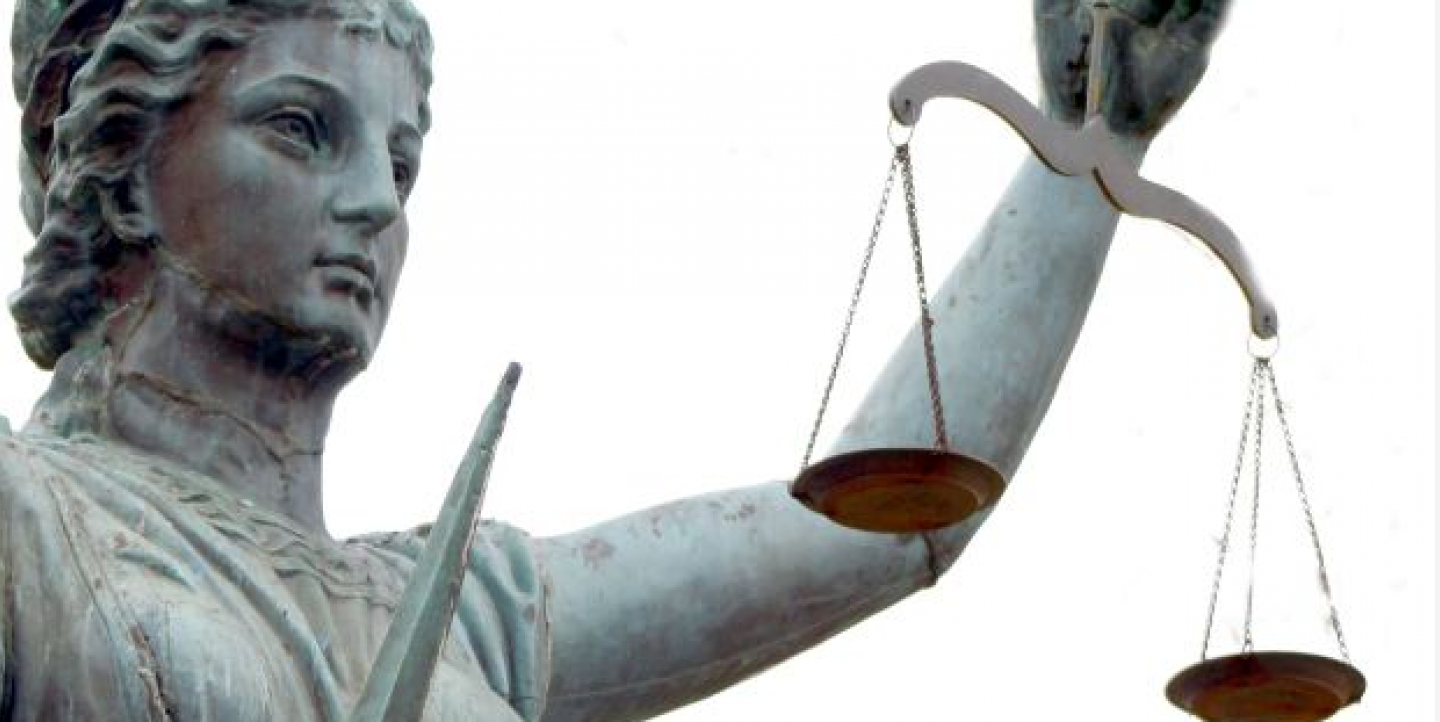Forget speaking fees or freebies: relationships with human sources may be the biggest ethics liability for today's journalists.
The online environment has made it easier to catch journalists in ethics breaches ranging from extramarital affairs with employers to undisclosed speaking fees, but Reuters blogger Felix Salmon says that sources may create more ethical minefields for journalists today.
"Journalists don’t always have sex with their sources, but when you’re having long and often boozy meetings with people, it’s statistically inevitable that many journalists are going to end up liking some subset of those people," Salmon writes. "After all, sources aren’t necessarily bad or evil: some of them are very good, very charming people. And often journalists end up working incredibly closely with sources for weeks or months on end as stories progress."
Salmon thinks that the casual approach to transparency doesn't go far enough. He cites the example of New York Times columnist Joe Nocera who discloses that Daniel Alpert, a founding managing partner of Westwood Capital, is a "friend" in one article but then fails to see how their relationship might cloud his assessment of the Mortgage Resolution Partners plan, in which Westwood Capital is a major player.
Salmon advocates that more organizations act like the Wall Street Journal, which requires personal ethics statements from reporters.
"I’d encourage all journalists to consider every action they do, every day, and ask whether it’s helpful or unhelpful, good or bad, at the margin. And the point here is to spend as much time trying to do things which are good as you do avoiding things which are bad."
What do you think?
Via Reuters
Image: Morguefile


